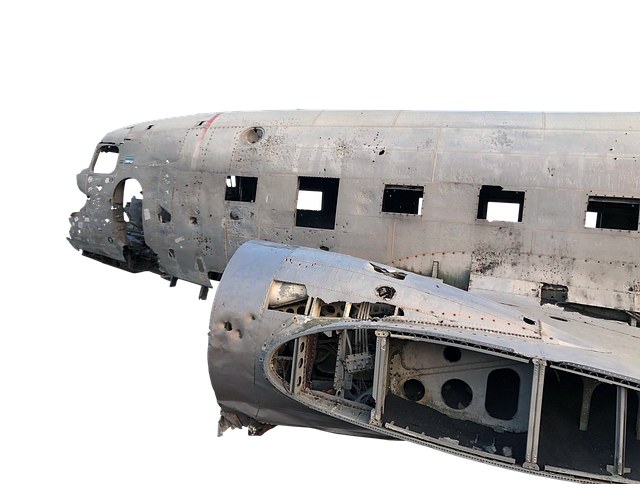A wrongful death settlement compensates families for losses due to someone else's negligence or intentional act resulting in a loved one's untimely death. These cases, arising from diverse scenarios like motor vehicle accidents, medical malpractice, and workplace incidents, involve complex factors in determining fair compensation, including the deceased's financial contributions, future earnings potential, and family's emotional distress. Proving causation and quantifying damages, such as medical expenses, pain and suffering, and loss of companionship, requires legal counsel specialized in wrongful death cases to secure a settlement reflecting the true value of the loss.
“Uncovering the factors that determine a fair wrongful death settlement is crucial for both victims’ families seeking justice and defendants aiming to mitigate liability. This comprehensive guide explores what makes a just offer in such complex cases. From understanding the fundamentals of wrongful death claims, including definition, types, and required elements, to delving into key influencers like damages, liability, and case strength, this article equips readers with knowledge. Learn how an experienced attorney navigates these aspects, evaluates settlement offers, and assists in making informed decisions.”
- Understanding Wrongful Death Claims
- – Definition and types of wrongful death cases
- – Elements required to prove a wrongful death claim
Understanding Wrongful Death Claims

Wrongful death claims are legal actions taken by individuals or families who have suffered a significant loss due to someone else’s negligence or intentional act resulting in a loved one’s death. These cases can arise from various scenarios, including partnership disagreements, employment disputes, and caregiver negligence. When such incidents occur, affected parties have the right to seek compensation through wrongful death settlements.
A successful settlement offer in these cases considers several factors, such as the financial contributions of the deceased, their future earnings potential, and the emotional distress experienced by family members. It’s crucial to understand that each case is unique, and what constitutes a fair offer varies based on specific circumstances. Therefore, seeking legal counsel is essential to navigate the complexities of wrongful death claims and ensure a settlement that reflects the true value of the loss.
– Definition and types of wrongful death cases

A wrongful death case arises when an individual loses their life due to another party’s negligence or intentional actions that violate their legal rights. These cases are brought forth by the deceased’s family members, often seeking compensation for their loved one’s untimely and unjust demise. Wrongful death settlements can cover a wide range of circumstances, including motor vehicle accidents, medical malpractice, product liability, and workplace incidents resulting in fatal injuries.
Different types of wrongful death claims involve varying degrees of complexity and potential damages. For instance, a claim based on serious injuries may lead to long-term care needs and reduced quality of life for the surviving family members. A personal injury lawyer specializing in these cases can help navigate the legal process, ensuring that the settlement offer accurately compensates the family for their loss, medical expenses, pain and suffering, and any other relevant damages associated with the wrongful death.
– Elements required to prove a wrongful death claim

To prove a wrongful death claim, several key elements are required. First and foremost, it’s crucial to establish that a death occurred as a direct result of another party’s negligence or intentional act. This typically involves gathering medical records, witness statements, and expert opinions to demonstrate causation between the incident and the ultimate outcome. For instance, in cases involving truck accidents, a qualified truck accident lawyer or auto accident attorney can help compile evidence showing driver fatigue, reckless driving, or faulty vehicle maintenance as the cause of the collision.
Additionally, the claimant must be able to prove the value of the wrongful death settlement. This includes economic damages like medical expenses and lost earnings, as well as non-economic damages such as pain and suffering, emotional distress, and loss of companionship. An experienced truck accident attorney or auto accident attorney can assist in quantifying these damages by analyzing similar cases, expert testimony, and the unique circumstances surrounding the tragedy.
When negotiating a wrongful death settlement, several factors come into play to ensure fairness. These include considering the economic loss suffered by the dependents, the severity of the harm caused, and the available evidence. A just offer balances the victim’s rights to compensation with the defendant’s liability limits and potential legal costs. By focusing on these aspects, both parties can reach an agreement that provides closure and supports the family left behind.






